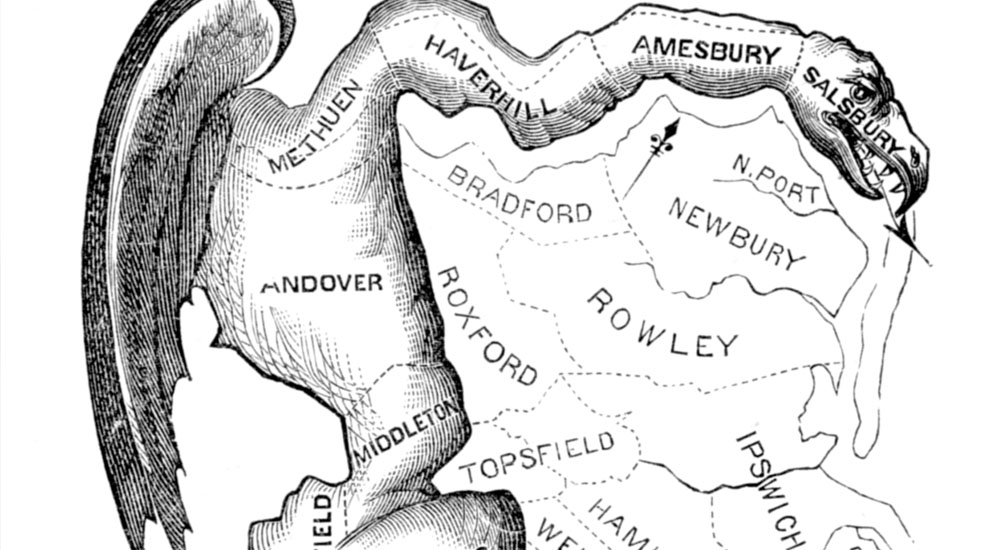Christopher Newport University’s Judy Wason Center — arguably the most accurate pollster of the 2017 election — has come out with a new poll indicating most Virginians want some form of Medicaid expansion, but are wide open on the question of reform and compromise. From the press release:
Voters say they support Medicaid expansion (Q9), 58% to 38%. These numbers are similar to a very similarly worded question in January 2014 at the start of Governor Terry McAuliffe’s term. Then, 56% of voters said they supported expanding the healthcare program. Support is stronger among women and black voters, and weaker though still a majority among men, white voters, and voters from Southwest/Southside. Republicans oppose expansion 66% to 30%, but in House of Delegates and Senate districts represented by Republicans, support for expansion stands at 54%. Democrats strongly support expansion, 85% to 11%, and in House of Delegates and Senate districts held by Democrats, support stands at 61% and 62% respectively.
If an across-the-board expansion cannot make it through the General Assembly, 53% of voters would support a compromise that results in a partial expansion (Q10). Importantly, support for a partial expansion among Republicans overall stands at 54% and support across House of Delegates and Senate districts controlled by either party stands in the mid-50% range. The question of a partial expansion creates a division among Democrats, with 51% saying they would support it and 44% saying they would support only a full expansion.
“While a majority of voters support a full expansion of Medicaid, Republican voters oppose it, and Republicans are still in charge in the General Assembly,” said Dr. Quentin Kidd, director of the Wason Center for Public Policy. “However, a partial expansion has the support of Republican voters, which may open a path to compromise this session.”
Virginians also support a bevy of other liberal-leaning peccadilloes, including banning the ownership of so-called “assault rifles” at a 2 to 1 margin, increasing the minimum wage to $10.10 by 2020 (74% support), and the decriminalization of small amounts of marijuana (76% support).
Other items polled included non-partisan redistricting (48% support, with only 55% of Virginians indicating they are familiar with the process), banning the use of cell phones in vehicles (61% oppose an outright ban on cell phone use while driving), and a whopping 61% supporting 21-day no-excuse absentee voting before the November elections.
Most interesting to observers in Richmond are the numbers that suggest voters are simply tired of the delay and want a solution. Free money is the gambit that Democrats have played incessantly since Medicaid expansion was put on the table, but a “straightforward” expansion simply isn’t in the cards.
Kentucky’s workfare requirement linked to Indiana’s block grant system seem to remain critical first steps to any deal, and insistence from the hospitals and health care industry that any “hospital tax” be embedded in legislation rather than turned into a Virginia Lottery program where resources ostensibly used for education are plundered and diverted for anything but their intended use? All reasonable objections, indeed.
Yet the Republican-led General Assembly seems to be on the verge of two diplomatic coups out of reach to the McAuliffe administration. The Grid Transformation and Security Act saw Governor Ralph Northam bend the knee through the artful use of a mediator to bless a compromise his base still refuses to accept — a welcome coup.
Now comes a health care solution where, if Speaker Cox can hammer out workfare requirements for all Medicaid recipients — not just the 400,000 that remain in limbo — while making sure hospitals aren’t treated like a piggy bank? Plus if Virginia can get Medicaid funding block granted? We are no longer talking about Medicaid expansion; we’re talking about real and lasting health care reform in a way that would mimic welfare reform of the mid-1990s.
Talk about unwinding the Gordian Knot.
The PDF for the CNU Wason Center poll can be found here. The Wason Center conducted 870 interviews of registered Virginia voters, including 372 on landline and 498 on cell phone, Jan. 14-Feb. 4. The survey’s margin of error is +/- 3.6%.







